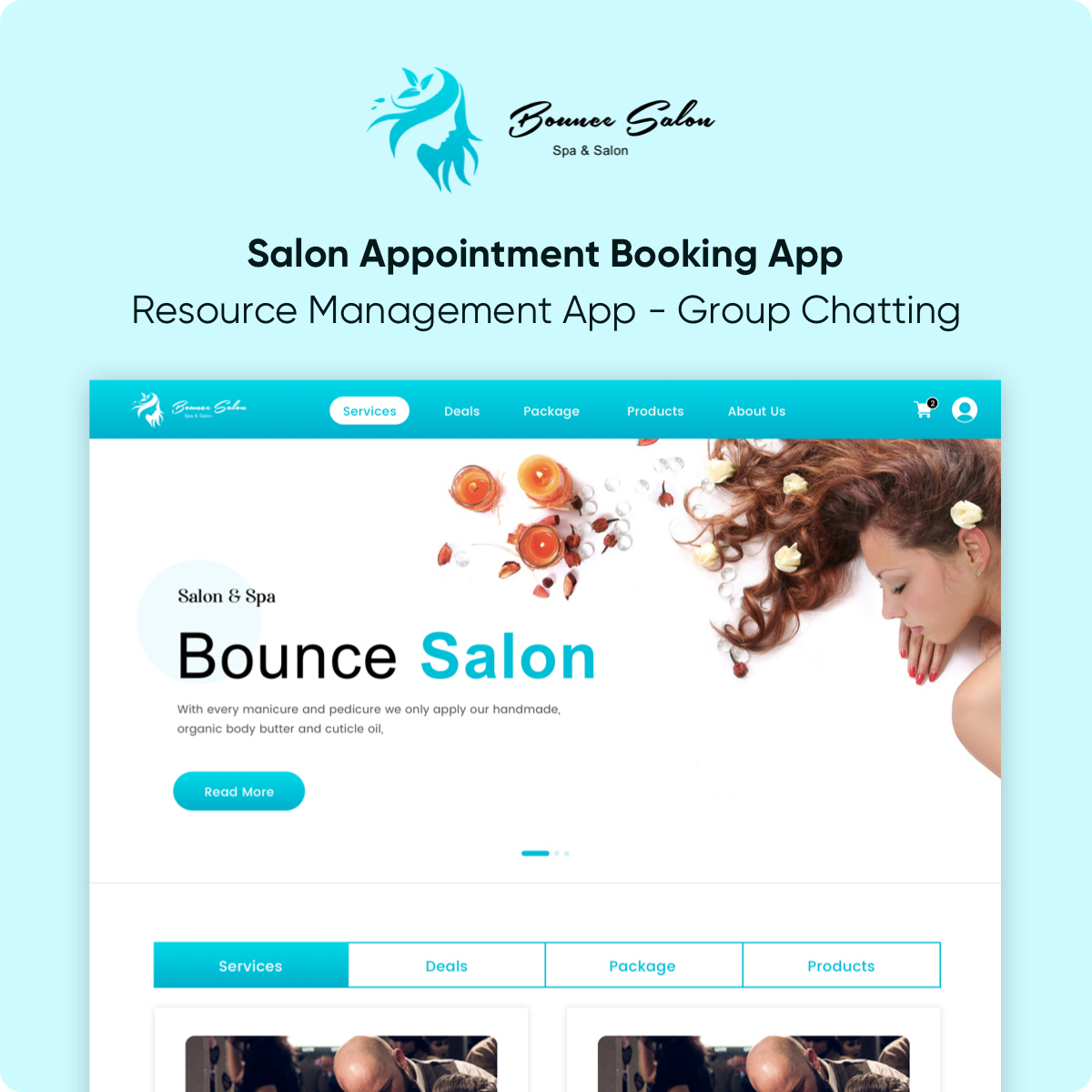For the modern organization, agility is more than just a buzzword. It’s an innovative approach to developing products and services that provide organizations with a competitive edge in increasingly crowded markets. Agile methodology can revolutionize the entire development process by breaking complex tasks into smaller ones and completing them quickly. With this approach, teams are able to take ideas from concept to launch much faster, while also making responsive adjustments as needed.
Though the challenges of Agile methodology do exist, the benefits of agile methodology outweigh all the challenges of Agile. Agile methodology promotes collaboration and encourages creativity, allowing teams to work together effectively while still achieving timely results. Let's dive into this article and explore the agile development methodology!

Agile methodology can help your team optimise their projects and adapt quickly to shifting requirements. With agile principles like valuing individuals and interactions, working software, customer collaboration, and responding to change, you can better manage complex projects and deliver software that meets your users’ and stakeholders’ needs. Let's explore why this methodology has become so popular and the many benefits of agile methodology.
Agile development methodology emphasises on delivering working software in short sprints, typically two to four weeks. This approach allows teams to deliver value to the customer quickly and frequently, reducing time-to-market.
Agile development helps teams identify issues quickly and address them as soon as they arise. This reduces the chances of costly delays caused by roadblocks and bugs, allowing quicker delivery at lower costs.
Agile methodology encourages continuous testing and integration of code, ensuring quality while creating and updating features. This systematic approach makes sure that the highest quality product is delivered to the customer.
Agile helps teams identify potential areas of risk and define strategies for mitigating them throughout the development process. By taking a proactive approach, teams can take preemptive steps and ensure the successful delivery of the project.
Agile enables teams to develop features quickly and iteratively. This ensures that changes can be made as needed to accommodate any type of product within any given environment.
Agile facilitates better communication and collaboration between team members, which increases visibility within the project. This helps stakeholders get up-to-date information about the project quickly and accurately.
This benefit of agile methodology focuses on ensuring customer satisfaction by delivering features quickly and effectively.
Also Read: How Is Blockchain Technology Revolutionizing The Mobile App Development Industry?

When executed well, Agile development can help teams create innovative products quickly and efficiently. It may come with its own unique challenges, but these can be managed by taking proactive steps such as planning ahead, estimating realistically, setting clear boundaries for scope and roles, and fostering strong team communication. In this list, we will explore these challenges of Agile methodology that hinder implementation of agile methodology in software development projects.
Many organizations don't have enough experience or knowledge about Agile strategies which can become an obstacle when implementing it.
Not having enough resources can be a huge obstacle when implementing an Agile process. This could include project resources, training, technology, and personnel.
Issues can arise due to inadequate planning or poor execution of the plan. It's important to practise proper planning of Agile processes for greater success.
Agile requires teams to adjust their working environment and practices to accommodate this change which may be met with some resistance.
Miscommunications between teams and stakeholders can lead to defects in product delivery and hamper overall progress. Poor delivery of user stories can also have negative impacts on product development.
Agile teams may become overwhelmed when tasked with too much work or too little time to execute, leading to burnout and reduced efficiency.
Tracking progress on an Agile project is an essential part of keeping the process running smoothly. If progress tracking is unclear or unreliable, it can quickly become a hindrance to progress.

Agile methodology has revolutionized the way developers deliver software and manage development processes. With its iterative approach, developers can deliver working software quickly while ensuring high quality and customer satisfaction. Agile encourages collaboration between developers, customers, and stakeholders, allowing everyone to work together to get the best outcome.
Agile development allows developers to plan, build and test their applications in much shorter cycles than traditional methods. It helps to clearly define timelines, goals and objectives, ensuring everyone involved is on the same page. Agile development methodology also helps with risk management, as it is easier to identify potential issues early in the process.
The agile development methodology also allows for more frequent and meaningful feedback from customers, as well as easier coordination of tasks and resources. Agile development methodology allows for more flexibility and responsiveness to changing customer needs. The focus on collaboration encourages shared ownership of the project and a team-oriented development process.
Overall, agile methodology has revolutionised the way developers deliver software. With its flexible and collaborative approach, agile helps to speed up development while ensuring high-quality results that meet customer needs.
Agile methodology is a powerful approach to product development that can revolutionise the way a business develops software and digital solutions. Its flexibility in accommodating changes while remaining committed to delivering high-quality solutions ensures maximum value for all stakeholders.
Its methodology also has its fair share of challenges, but with proper planning, execution, and monitoring of the process, these could be managed to ensure successful project deliverables. Moreover, combined with the right team, agile development methodology will surely aid organisations in creating groundbreaking products and services that are ready to take on the ever-evolving tech industry.


 Browse Our Services
Browse Our Services
